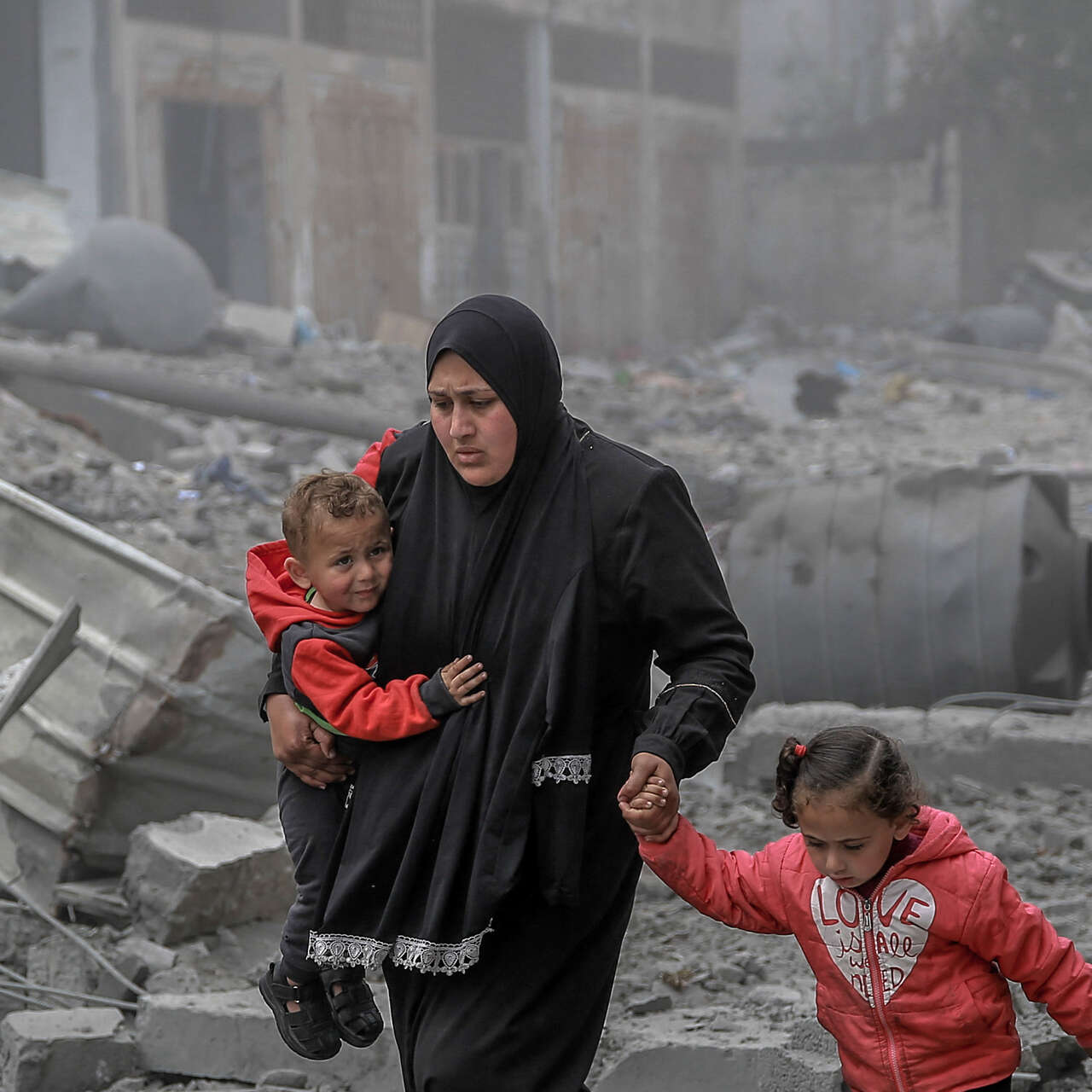IRC is gravely concerned by the rapidly increasing risk of famine in Gaza
- The entire population of Gaza will likely experience crisis, or worse, levels of food insecurity between May and September.
- Markets are nearly empty, prices for staple goods have surged, and families are being pushed to the limits of survival.
- IRC mobile health teams are seeing a clear rise in both moderate and severe malnutrition among children.
- The IRC is responding directly, and with partners, by providing clean drinking water, sanitation and hygiene services, cash assistance, nutrition services, medical support and other critical humanitarian services.
